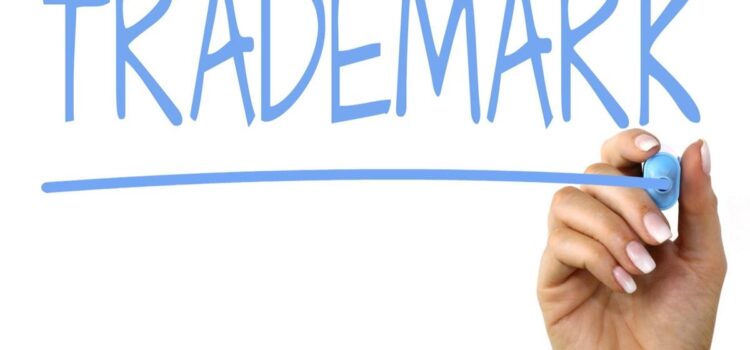For any business, the trademarking of a word, phrase, symbol, design or a combination thereof is an invaluable business asset.
For any business, the trademarking of a word, phrase, symbol, design or a combination thereof is an invaluable business asset. Trade Marks play an important role in distinguishing your products from competitors and establishing brand recognition. For example, brands like Nike or Arnotts have become synonymous with sports clothing and equipment and biscuits respectively.
Trade Marks are a great way to protect your intellectual property and secure your brand’s position in the marketplace. Obtaining a granted trade mark can take a minimum of six months. And since there is no way to expedite the grant process, it’s best to take every measure you can to ensure your application will be accepted.
We’re sharing some important things to keep in mind when applying for a trade mark. Take a look.
1. Ensure Trade Mark Doesn’t Already Exist
Finding out that someone has already trademarked the brand of interest to you is the last thing you want after investing significant time, effort and money. Take your time to go through IP Australia’s trade mark database to ensure you’re not trying to register an existing trade mark or a deceptively similar or substantially identical mark, for goods or services that are identical or similar to yours. You should not only conduct searches of the IP Australia trade mark database but also search to determine if another trader is using the mark of interest to you without having a registered trade mark. Because Australia is a “first to use” country, those other traders may have rights to oppose your trade mark registration and stop you obtaining grant of your mark.
2. Think Out of the Box
Descriptive terms cannot generally be trademarked. IP Australia will raise an objection to registration of a trade mark which only contains common words or descriptive phrases. Also, it is not easy to trade mark a surname, geographical locations or popularly used phrases. For example, it would be futile to try to trademark ‘Smith’, which is one of the most common surnames in Australia. The purpose behind this rule is that other traders should also be able to use those terms so no one trader should be able to trade mark them.
3. Check Trade Mark Ownership
Australian intellectual property law is strict regarding the ownership of trade marks. When you are registering a trade mark, it’s imperative to ensure the person or entity who owns the trade mark is the entity listed as the owner. If the incorrect owner is listed, you risk facing serious consequences (like invalidity of the mark) and may not be able to enforce the trade mark when infringement is discovered.
4. Know the Goods & Services You Want to Cover
Before registering, it’s crucial to first determine all the goods and services you want to be covered by the trade mark. Forgetting a core product or service can lead to those products or services not being protected by the registration. Once you file the trade mark application, you cannot add goods or services at a later date.
That being said, don’t make the mistake of including irrelevant things that you don’t plan on selling anytime soon. At the time of filing the application, you must have an intention of using the trade mark on all of the goods and services of the application. Remember, that trade marks are a use it or use it regime. You have to use the trade mark (or licence another to use it) or the trade mark will become vulnerable to removal for non-use.
5. Don’t Use Prohibited Signs
There are certain words, phrases or symbols that are considered prohibited signs and cannot be trade marked. Make sure your trade mark doesn’t contain such signs or a part thereof. You cannot trade mark the Australian flag, official signs, emblems, hallmarks or armorial bearings. Also, the plus and cross symbol are protected and to obtain a grant of a trade mark containing those symbols, you will likely need to add an endorsement to the application.
Final Words
Since there are a lot of requirements involved in registering a trade mark, it would be best to involve IP lawyers in Brisbane. An experienced trade mark lawyer can help you navigate the process and avoid costly mistakes.
